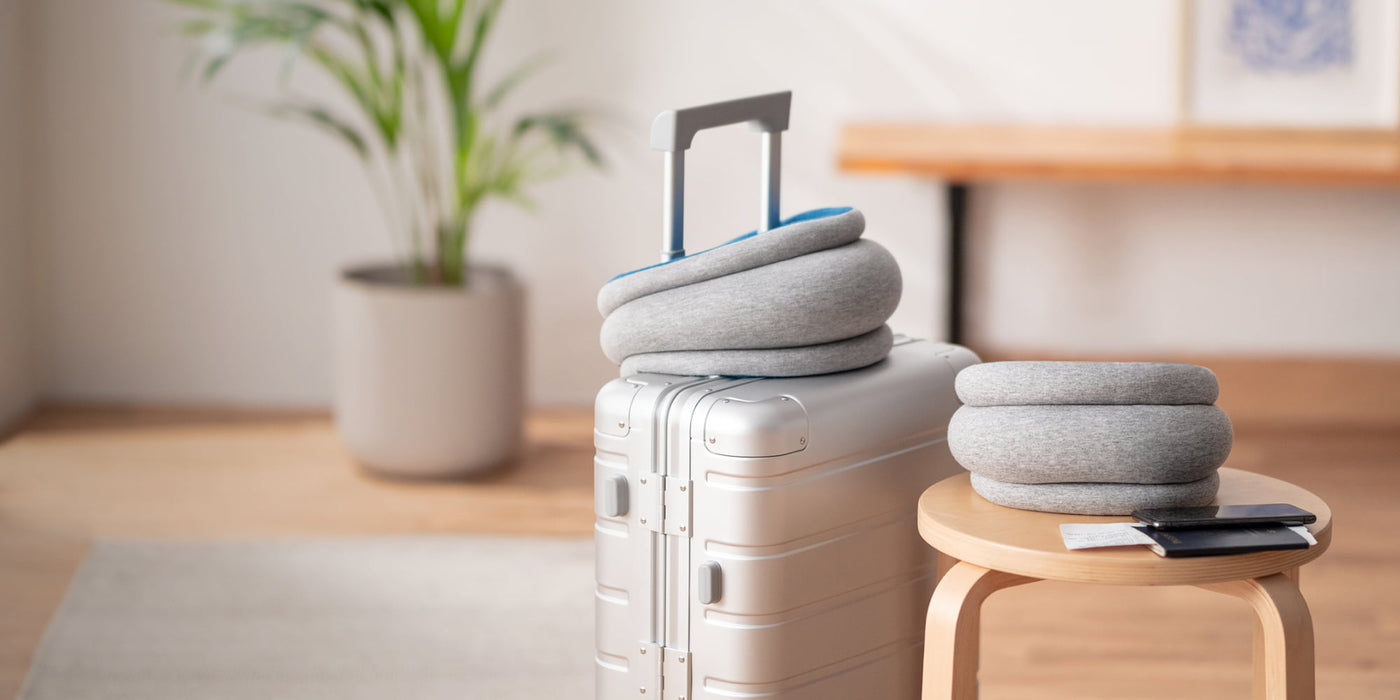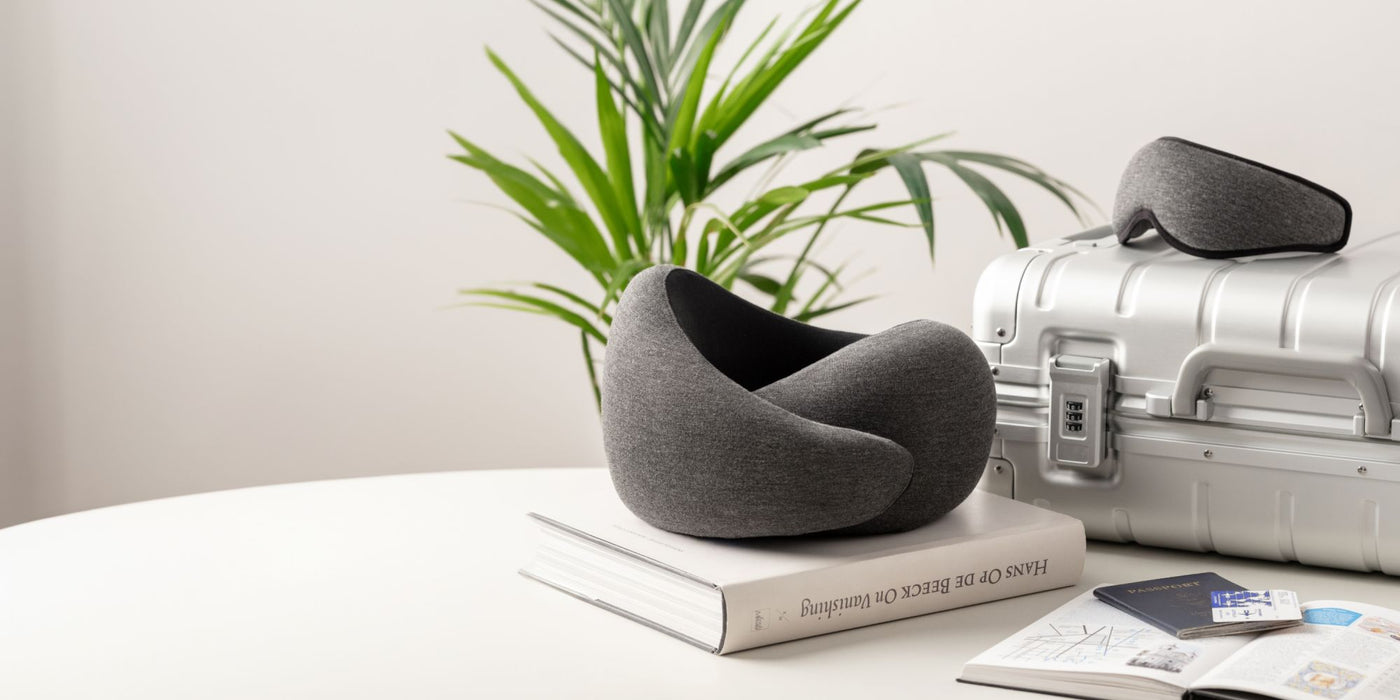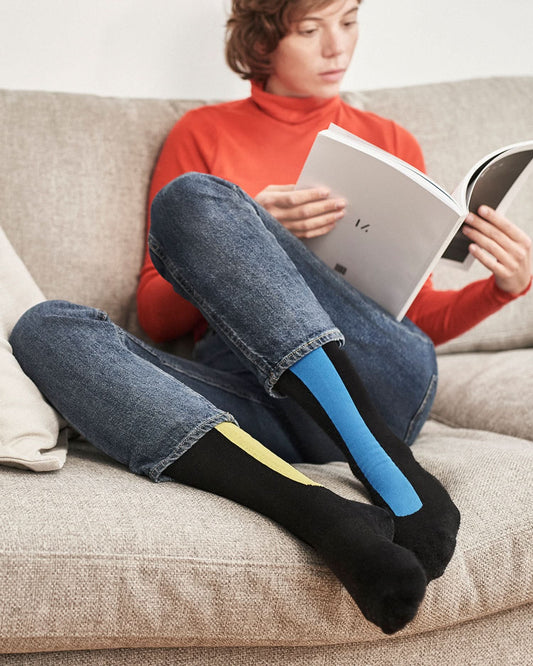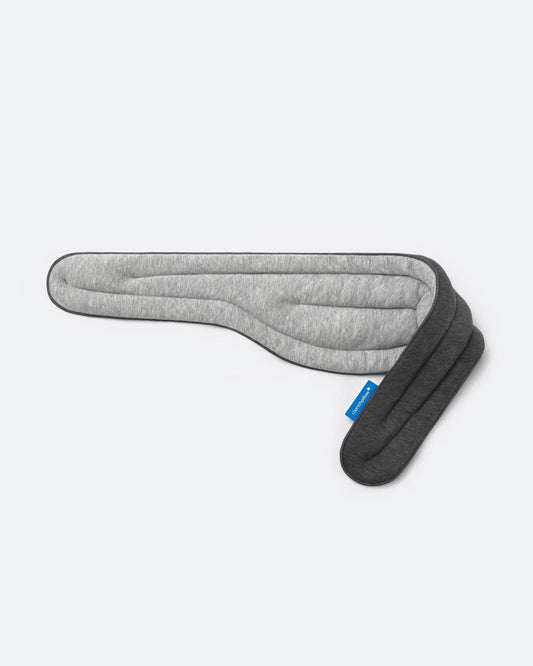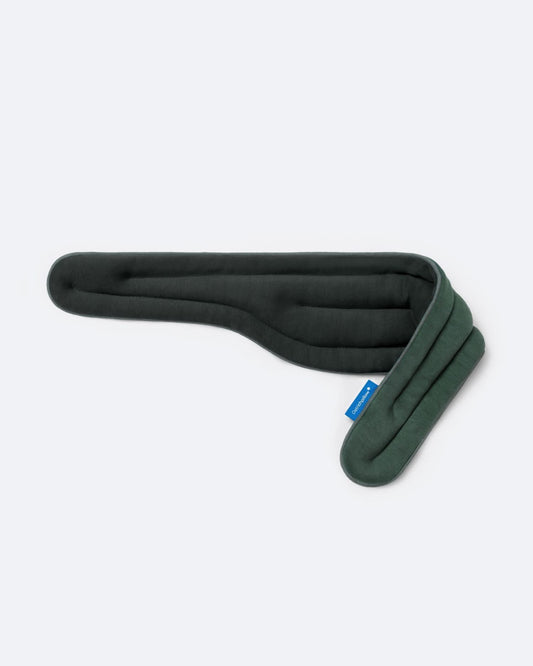
Most people have heard of the “intelligence quotient,” or IQ. This is a standardized way to measure a person’s intelligence, consisting of various questions aimed at assessing how the person deals with logic. The results are graded by a number on a scale to give a numerical representation of a person’s intelligence. This covers so-called “smarts” — but what about emotional intelligence? The importance of emotional intelligence has been well-established over the last few decades. It is just as important as IQ when it comes to evaluating a person’s overall ability to move successfully through the world, participate in the tasks and social interactions that make up our daily activities, and live a generally content life.
Emotional intelligence and personal wellbeing
The most obvious question is: Just what is emotional intelligence? If IQ is a measure of “smarts” or intellect, how do we gauge emotional intelligence? Emotional intelligence is basically a person’s capability to perceive, understand, process, and control emotions. Some people are very emotionally aware, and are able to quickly and effectively gauge the emotions of others. These people might be referred to as empaths, as they are highly aware of how others are feeling, and they’re usually able to temper their own actions in response.
Most people would fall into a more middle category of emotional perception, meaning that they are able to recognize and respond to others’ emotional cues with a good degree of accuracy. Some people are less-attuned to the emotional needs of others, and they could be described as more narcissistic — focused on their own needs and ignorant of the needs of others.

Emotional intelligence is partially innate, but it can also be learned and developed over time. Having a healthy emotional intelligence is a big part of having healthy relationships, in which each party takes care to understand and react appropriately to the feelings of the other person. This goes a long way toward achieving personal wellness, or an overall sense of contentment and satisfaction with one’s relationships and place in the world.
Self-Care: the key to emotional wellness?
Achieving personal wellness and creating fulfilling, healthy relationships could be categorized under the banner of Self-Care. After all, the relationship we have with ourselves is the first, longest, and arguably most significant relationship we’ll have in our entire life. Taking time to quietly reflect on your interpersonal interactions and evaluate your actions — and reactions — to others is a good way to help process your emotions and develop a stronger emotional intelligence.

Ostrichpillow.
Self-Care Matters.
Want to feel good?
At Ostrichpillow we're all about Self-Care and wellbeing. Join our community and you'll receive special offers and inspiration fresh to your inbox.
Photo by Womanizer Toys on Unsplash
Photo by Chewy on Unsplash















